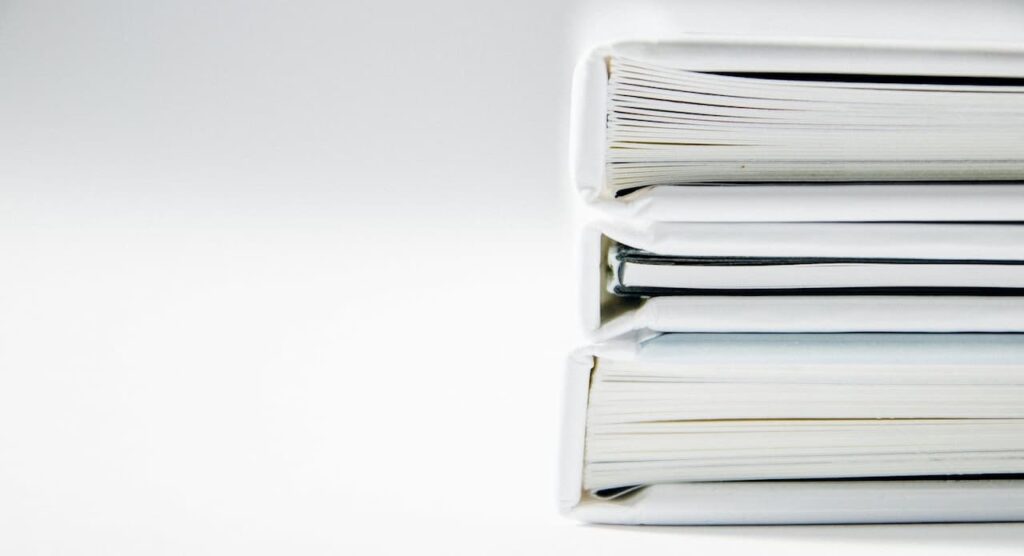There is no magical formula for studying successfully, yet there are strategies you can implement to boost your remembrance and long-term retention.
It’s essential to remember that not all learning methods are the same. What is successful for other students may not be effective for you, so don’t feel discouraged if something isn’t working out as planned. Persevere in your search for the ideal study method until you find success.
Are you a student who has problems with studying, especially homework? You can find the essential support needed to deal with your writing assignments. With college essay help, you will be able to gain invaluable skills that are critical for writing your papers. With writing assistance, you will deal with your assignments much faster.
To maximize your study time and achieve the best results, here are our top strategies for effective studying.
Utilize organization to maximize efficiency
Investing some time and effort upfront to get organized will help you achieve whatever educational objectives you have in mind. Here are a few tips for reaching your academic goals:
- Make a habit of investing in a diary to stay on top of upcoming assignment deadlines.
- Don’t forget to bring all the materials and gadgets you’ll need for class so that you can participate fully. To make sure everything is ready in time, it’s wise to pack your bag before going to bed the night before.
Attend every class
If you’re skipping class and wondering how it’s impacting your learning, the answer is simple – a lot. Not only are you missing vital notes, but also important knowledge on your subject. However, in order to keep up with all of your studies without sacrificing too much time or energy elsewhere can be difficult!
Take notes
To actively engage your brain during lessons, jot down notes that you can revisit later to perfect your study habits. Taking these notes serves as an effective tool for long-term memory storage in the classroom and is especially beneficial when it comes time to review for assessments or homework.
To ensure that your notes are clear and organized, it is recommended to review them shortly after class. To help you understand the key points, be sure to underline or emphasize important information. If there are any details that still don’t make sense, reach out to your instructor for further clarification.
To efficiently learn and recall complex information, creating visual aids such as flow charts or mind maps can be of tremendous help. These visuals are proven to benefit students who struggle to remember details from lectures. If you happen to miss a class for any reason, don’t worry – asking your peers for their notes will ensure that there won’t be any gaps in understanding the material being taught.
Talk to the teacher
Teachers are always prepared to clarify topics that may confuse you and even give their insights on assignments before turning them in. Showing initiative when it comes to learning will be sure to impress your teacher – they’ll be delighted by how eager you are for knowledge!

Maximize your learning by spacing out your studying
Making the most of your studying time involves breaking up lessons into multiple sessions. Spaced-out learning promotes deeper information absorption and improved long-term memory retention, providing excellent returns on your investment in knowledge acquisition. With just a few days of effort spread over several study periods, you can maximize the impact – and success! – of every minute you dedicate to education.
Formulate a study plan and firmly abide by it
Managing your time effectively is key to achieving success in learning, and one of the best study tips out there is creating a plan or schedule. By forming such a strategy, you can easily stay on track with reaching your academic goals. A well-thought-out study plan will:
- motivate you to study
- keep you organized
- divide your studies into bite-sized chunks
- allow you the necessary time to finish your assignments.
Go the extra mile and STUDY, don’t just RE-READ
If you’re re-reading your notes and texts without actively engaging with the material, that’s not studying – it’s merely skimming. Consequently, if this is how you are attempting to learn and retain information from class lectures or readings, then don’t be surprised when all of those hours seem wasted; as active studying techniques are essential in helping us remember our lessons!
So skip simply reading through the material once again — why not try some of these tools instead:
- Constructing concept maps and diagrams can provide an engaging way for students to visualize abstract concepts, making them better able to comprehend class material.
- Systematically breaking down concepts in your mind, step-by-step, can help you gain a better understanding of any topic. By verbally expressing each part to yourself and organizing them into an easily digestible format, the ideas become more tangible and easier to comprehend.
- Crafting queries and quandaries that you can revisit to resolve, essentially constructing a quiz for yourself.
Conclusion
There is so much to consider when mastering your studies and achieving academic success. By employing all seven of these strategies, you can form the foundation for a successful learning experience. Anyone can become an expert student with hard work, dedication, and the proven strategies above.
